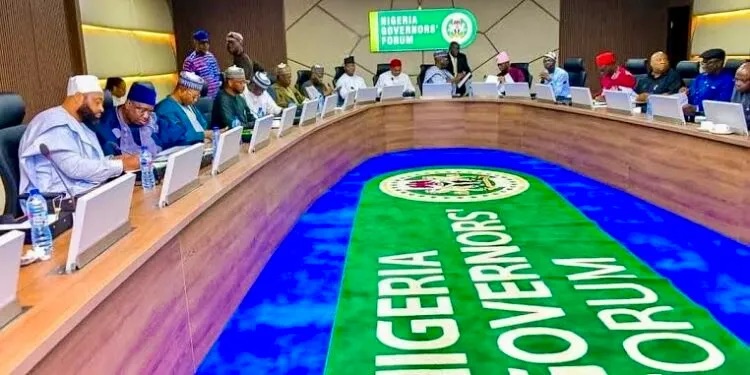From Fred Itua, Abuja
Governors of the 36 states of the federation are in a dilemma following the Supreme Court decision on local government autonomy onThursday. The judgment fundamentally freed the 774 local government areas in the country from the stranglehold of governors.
The Supreme Court declared that it is unconstitutional for state governors to withhold funds meant for local governments, and directed that henceforth, local government funds should be paid directly to the councils directly from the federation account.
In its lead judgment read by Justice Emmanuel Agim, the highest court in Nigeria, observed that the refusal of state governments on financial autonomy for local governments has gone on for over two decades.
In the suit filed by the Attorney-General of the Federation (AGF) and Minister of Justice, Lateef Fagbemi, the Federal Government sought an order preventing governors from arbitrarily dissolving democratically elected councils. The suit by the AGF was on 27 grounds. Justice Agim said the AGF has the right to institute the suit and protect the constitution.
In separate interactions with political stakeholders, including serving and former governors, many of them opposed financial autonomy for local governments. Some expressed fears that a full financial autonomy for local governments will create a crisis in the states. They claimed that a financially-autonomous local government system will render state governors powerless.
A former governor from one of the North-Central states, who spoke to Saturday Sun in confidence said: “If local government areas get full autonomy, a governor could be impeached. Some local governments get billions of naira as monthly allocations. If about 10 local government areas in a state are aggrieved and decide to remove a state governor, they can pull their resources together and compromise a state House of Assembly.
“If one state tries it and succeeds, council chairmen will begin to determine who becomes a governor and not what we have currently. Local government chairmen will become too powerful to control, and the main reason why they were established will not be achieved. While we celebrate the judgment by the Supreme Court, we must watch out for the dangers that lie ahead.”
While the dust on the financial autonomy is yet to settle, Saturday Sun further gathered that more constitutional amendments are underway to enable the Independent National Electoral Commission (INEC), to conduct elections into local government areas. This will see governors being unable to fix their stooges as council chairmen.
It was further gathered that about 20 states without validly elected local government council chairmen and councilors might lose their statutory monthly local government allocations henceforth.
Out of the 36 states in the country, Saturday Sun gathered that about 20 currently run without duly elected council chairmen. The states are Abia, Akwa Ibom, Anambra, Benue, Bauchi, Cross River, Delta, Enugu, Jigawa, Katsina, Kwara, Kano, Imo, Ondo, Osun, Plateau, Rivers, Sokoto, Yobe and Zamfara.
It has been further gathered that the National Assembly may also amend the 1999 constitution to withhold funds for local government areas where there are no elected chairman.
A senator, who spoke to newsmen, said that a governor can still control funds earmarked for local governments in the absence of substantive council chairmen.
The post LG autonomy: Govs at crossroads appeared first on The Sun Nigeria.
